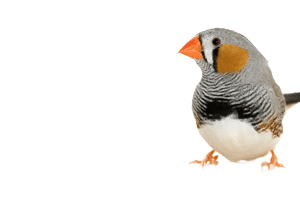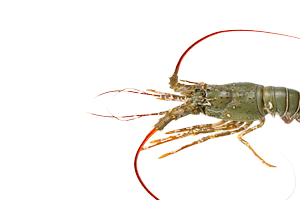The ACU Core courses are designed to meet the U.S. Department of Agriculture (USDA) and Office of Laboratory Animal Welfare (OLAW) requirements for basic training in the humane care and use of animals. They help investigators, Institutional Animal Care and Use Committee (IACUC) members, and other animal care and use personnel work more productively. Note: The ACU Advanced courses complement the ACU Core courses. They provide advanced training for animal care and use personnel.
These courses were written and peer-reviewed by experts.
Organizational Subscription Price: Available as part of an organizational subscription package or for $675 per year/per site as a subscription add-on for government and non-profit organizations; $750 per year/per site as a subscription add-on for for-profit organizations.































